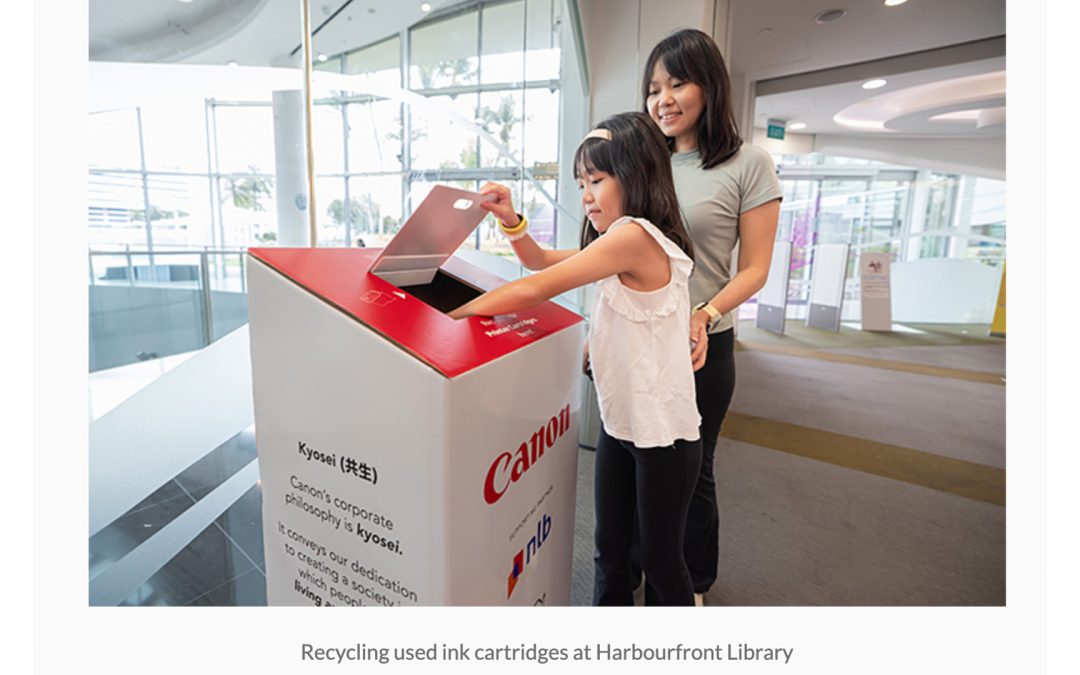
e-Waste (Credit: www.bbc.com)
The country’s health and safety think tank, HESAG, is calling for an integrated e-waste management system to help protect Ghana’s “critical ecological components”, GhanaWeb reports.
As well as helping to preserve the nation’s “forests and future generation”, such a waste management system would also “ensure that harmful elements associated with hazardous and other waste products were captured and processed safely to preserve critical ecological components such as soil, groundwater, flora and fauna.”
These views were propounded by HESAG’s President, Mr Dzifa Ahadzi, who also urged the enforcement of the Hazardous and Electronic Waste Control and Management Act, 2016 “to ensure sound waste management and recycling system in the country.”
Mr Ahadzi explained that, despite its status as signatory to the Basel Convention, which has proposed a framework for international e-waste regulation, not much has been done thus far in Ghana to achieve this. He noted the importance of creating “a more sustainable approach”, a necessity in a nation which produces approximately 215,000 tons of e-waste yearly, 170,000 tons of which are second-hand goods, and 22,000 tons of which are “complete waste.”
Mr Ahadzi explained that the integrated e-waste management system proposed should include “a combination of sustainable techniques for collection, sorting, recycling, thermal treatment, and pollution control and landfill methods to achieve maximum effectiveness.”
“As more companies continue to put out new products, consumers continue to buy them, continuing the cycle and generating an ever-growing tide of discarded electronic devices. Industry will have to continue developing best practices for processing and recycling electronic waste,” he said.
Mr Ahadzi noted that the effective management of e-waste would have both economic and environmental benefits for Ghana, and explained that the government “could create a lot of employment opportunities for its huge unemployed youth by partnering with the private sector to establish e-waste recycling centres in various parts of the country”, resulting in social benefits as well.




















